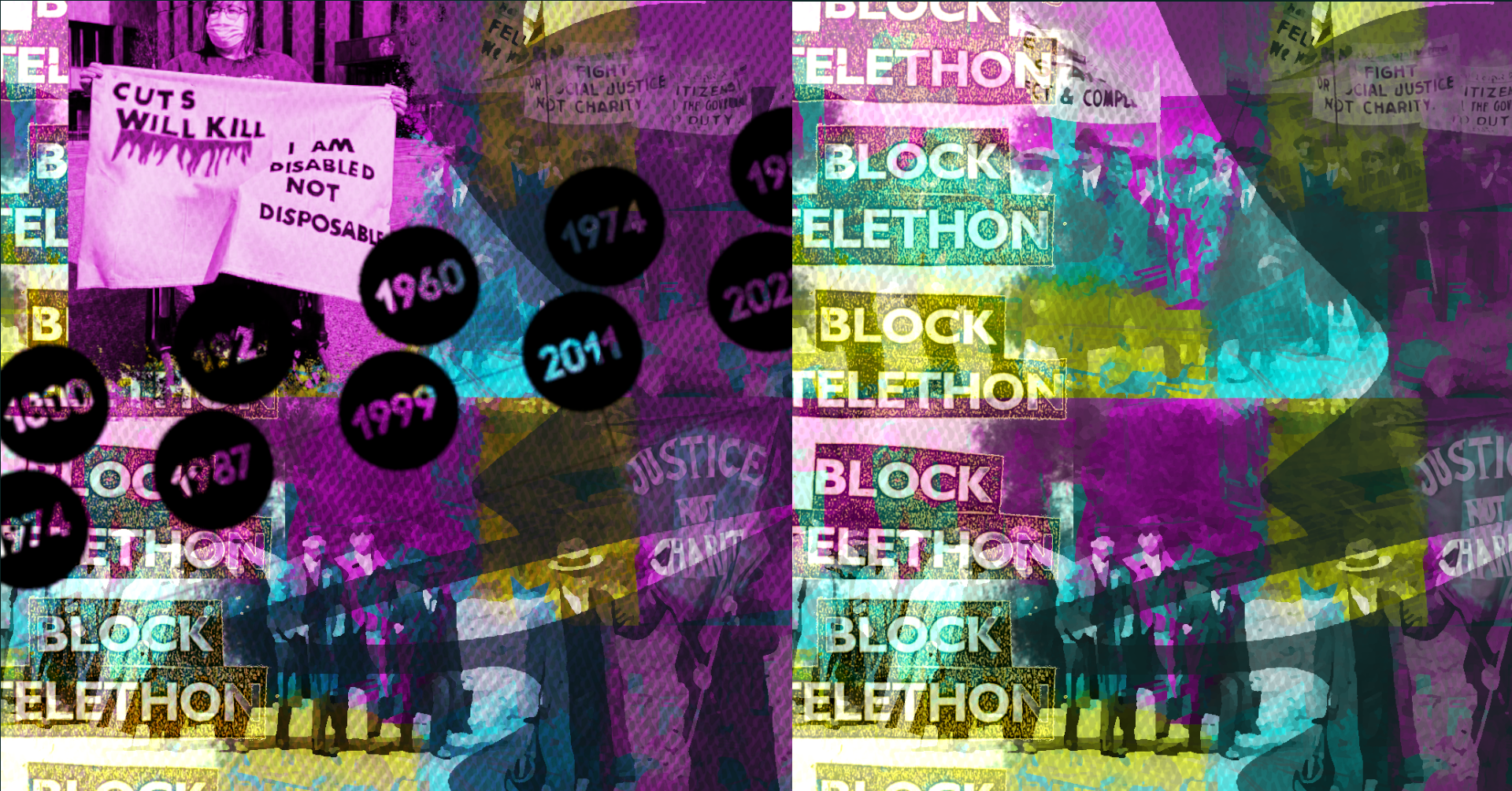“If the world were truly accessible, what job would you have?”
That’s how we started our latest Members Make the Difference discussion, and the answers said a lot about the barriers we, as disabled people, face.
Some members shared that they’d love to return to jobs they once had, but has been forced to leave due to worsening health. One person, who works in a disability charity, reflected that in a fully inclusive world, their job wouldn’t even exist—because disabled people wouldn’t need to fight for fairness. Others spoke of the practical barriers that stop them from working: lack of transport, inflexible work arrangements, and a job market that doesn’t accommodate their needs.
Unpaid Work? Sure. A Paid Job? No Chance.
“When did you first realize the job market wasn’t built for you?”
One person shared: “I lost my job due to disability. After that, I was offered loads of voluntary roles—everyone wanted my lived experience. But when it came to applying for a paid job in the same field? No one wanted to hire me. They could accommodate me when I was unpaid and ticking a ‘diversity box’, but not as an employee.”
Another member had a similar experience after university. Their non-disabled friends easily picked up casual work, but there were no flexible office-based roles available to them. One person on a zero-hours contract described how, when their disability meant they couldn’t work for a week each month, their hours were quietly cut—until they weren’t offered any shifts at all.
And then there was the stigma. One person spoke about moving from a physical job to an office role after a diagnosis and being met with disbelief:
“People said, ‘I thought you were better now?’ Like I’d just wake up one day and be cured.”
The Weight of Stigma and the Cost of Applying
Disability benefits were another huge topic. The overwhelming feeling? Assumptions – Assumptions about what “recovery” looks like – Assumptions about whether disabled people “deserve” support.
One member said they avoided applying for benefits entirely because they feared being judged. Another, who received disability support at university, recalled being questioned by staff and classmates:
“People asked if I was really ‘disabled enough.’ Now my brother is applying for PIP, and he’s getting the same treatment—even after having two seizures in one week.”
Then there’s the stress of the system itself. Members spoke about how applying for PIP felt designed to wear them down:
“You apply. They turn you down. Then you have to fight through a mandatory reconsideration, and sometimes a tribunal. It takes years. No money, no support. Your mental health suffers. It’s like they want you to give up—or worse.”
One person put it simply:
“Filling in the paperwork is a job in itself. But it’s unpaid, exhausting, and isolating.”
What Needs to Change?
Our members had plenty of ideas. First, the benefit system must be accessible, not designed to push people away. As one facilitator reminded us:
“Social security is a right. We all have the right to access support.”
The employment system needs to change at every level—legally, structurally, and culturally. One person, who had helped interview neurodivergent candidates in the NHS, noted that disabled applicants are often told they are the “strongest candidate” but haven’t performed well enough in an interview:
“They’re already doing the job—but they don’t get hired because they don’t interview in a certain way.”
Others argued that the Equality Act doesn’t go far enough to protect disabled people, pointing to recent legal wins against the Work Capability Assessment.

What’s Next? Join the Discussion on Housing
This conversation is just the start. Our next Members Make the Difference event will focus on housing—another system that often fails disabled people. If you’ve struggled with inaccessible housing, faced discrimination in renting, or have ideas for making housing better, we want to hear from you.
Join us and be part of the change.👉 Sign up as a member today.



